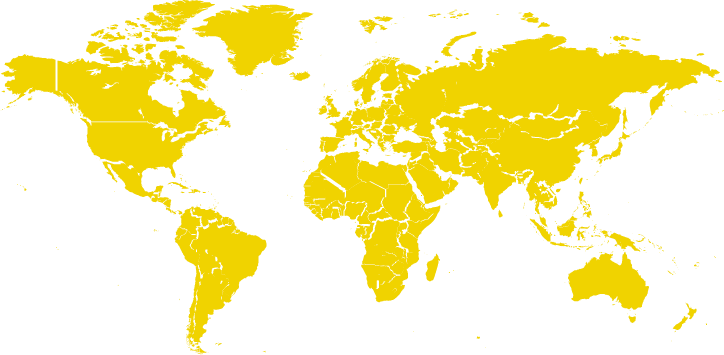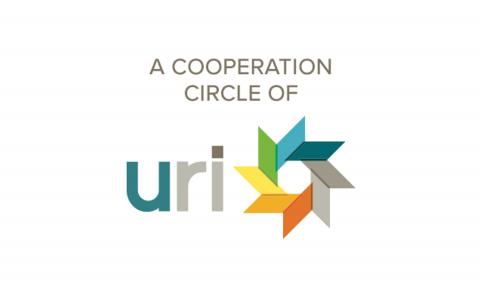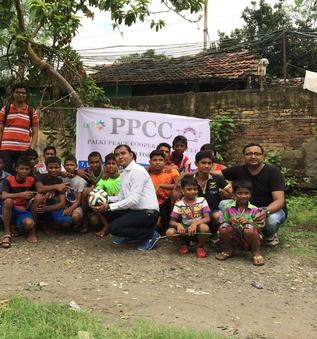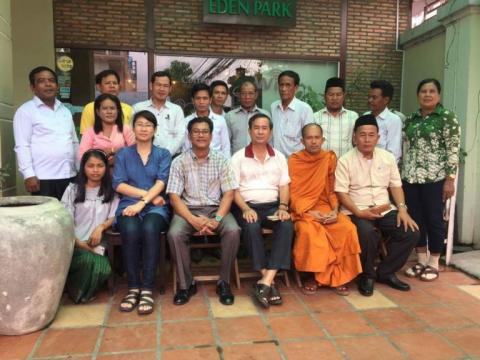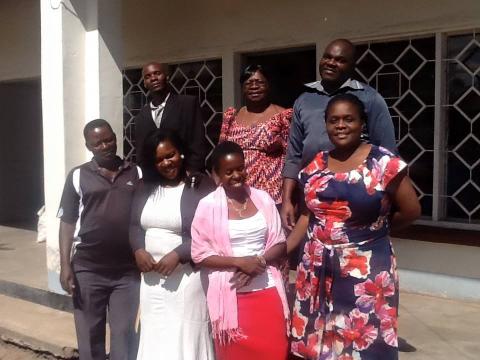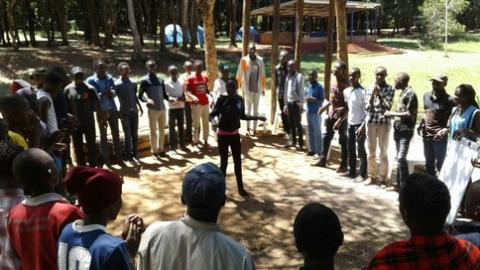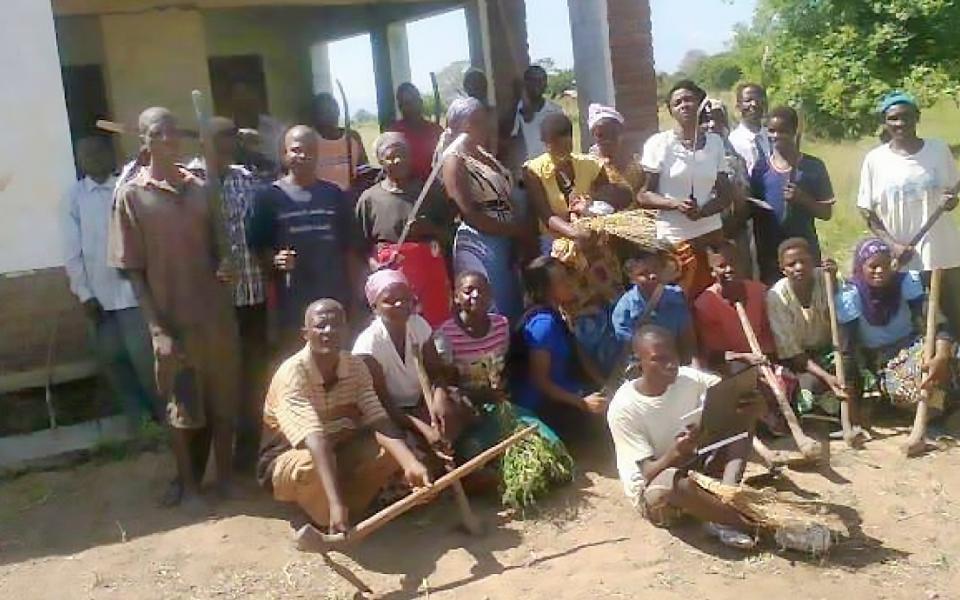
Mangochi Central West Group members ready to clean up the tall grasses and stagnant water to combat the malaria-bearing mosquito problem
Please join the United Religions Initiative in welcoming five new Cooperation Circles to the family. This month brings a wealth of new and exciting programs and activities to facilitate interfaith cooperation and harmony. It's an honor to work together as we try to improve the world that is home to us all.

KENYA
Undugu Family Hope Kibera
Undugu Family CC is a youth-led effort formed after the 2007 post-election in Kenya in which Kibera was the hotspot. CC membership is both multiethnic and multi-religious. “Undugu” means brotherhood in Swahili, and this CC aims to consolidate the current peaceful relations in Kibera, even in an increasingly polarizing political atmosphere. CC members use their deep ties in the community to promote the message of cooperation and peace in schools and different Kibera neighborhoods. They primarily engage in environmental efforts: cleaning up their community and educating their peers on the importance of conserving the environment. They aim to lead by example, fostering relationships within their group as they spread peace to those outside and neutralize stereotypes, promoting unity as one family. Their philosophy is that both Christianity and Islam teach love and peace and so there are more similarities than differences, and that should be well utilized.
MALAWI
Mangochi Central West
There is very little interfaith conflict in Malawi, but there is a separation between religious groups. Mangochi Central West CC aims to build on the peace, by creating unity and cohesion where there is separation. Peace, for them, is not just the absence of conflict. They have a vision of creating peace, love and harmony between all people of different religions and tribes. For this they need co-operation, a collective spirit, and common purpose. The people of Mangochi Central West are very modest with unemployment sitting at around 70%. With resources being so limited, they have become highly creative about how to raise funds and then how to stretch those funds to get optimal benefit from them. Doing maintenance jobs at the various places of worship, using the skills of the group members, is one clever initiative. The group is highly organized, committed, and passionate about their country, their lives, and their future. They present a united front. They are clear about their needs – education and information. Unlike in other parts of Malawi, the women are active and we at least five of them occupy important positions in the executive of the group. They want their children to be able to progress and to grow up seeing their parents being active, healthy citizens.

INDIA- EAST ZONE
Cosmopolitan CC
Cosmopolitan CC members are working with the local government and with civil society to deepen in interfaith relationship building through dialogues, workshops, campaigns, and face-to-face meetings. They run these social cohesive programs to minimize conflict. Their work is very important, especially in sensitive areas where religious conflicts and violence have occurred. Their understanding is that the tension is originated and fueled by politicians who by divide people in the name of religion. They are looking forward to stopping these forces by educating people to be aware that such tactics shouldn’t be used.
“Palki” Peace Circle
India’s interfaith community can be very strong because of the huge and prominent presence of diverse religions. However, there are many conflicts, and violence occurs due to misunderstandings among the different religious groups. Political parties often magnify the conflicts further for their vote banks. This causes religious conflicts. But Palki Peace Circle acts as a catalytic group channeling this force of religious differences in peace building processes and in conflict resolution. CC members believe that they need to engage youth, children, and adults from diverse groups to influence those who hold the administrative/ political power. So as a group they work to build local/national/international interfaith platforms to bring change at every level of society. They provide information to local organizations so they can avail themselves of various government social benefits. They work directly for street children’s education and health care, feeling that the interfaith community can stand in solidarity on poverty elimination. They also work independently to promote environmental awareness and raise voices against illegal construction and development that causes harm to the ecology. They work with local groups and organizations to bridge gaps between those who address several similar issues. They also work on the government level to influence policy makers to support grassroots activities to bring about a positive change in society.

CAMBODIA
Interfaith Peace Building on Natural Resources Management
Interfaith Peace Building on Natural Resources Management CC is part of ACT "Action for Conflict Transformation". ACT forms interfaith networks. The network consists of Buddhist, Muslim, and Christian leaders and officers from departments of religions and cults. ACT provides peacebuilding training, conflict resolution, and interfaith training on natural resources management. To form the CC, ACT has selected one active religious representative from each of their networks. Some of the activities they run together are: interfaith exposure visits to conflicted communities to learn and share, interfaith tree planting together, and celebration of World Interfaith Harmony Week.


